Over the years, USCIRF has not shown goodwill in exchanging and working with Vietnamese authorities, but has mainly linked and consulted information and documents on Vietnamese religion from reactionary Vietnamese exile organizations that engage in terrorist activities and sponsor terrorism against the Vietnamese State fiercely and extremely.
The annual report assessing the religious freedom situation in Vietnam by the United States Commission on International Religious Freedom (USCIRF) released at the end of September was immediately hailed by hostile, ill-intentioned organizations against Vietnam, considering it as evidence that our Party, State, and regime are always "unjust", "discriminatory", and "oppressive" of people's religions and beliefs.
This is not surprising as for many years, USCIRF has been making assessments based on distorted and patched sources of information collected from extremist and oppositional religious groups in the country, typically the Boat People Rescue Committee - BPSOS led by Nguyen Dinh Thang.
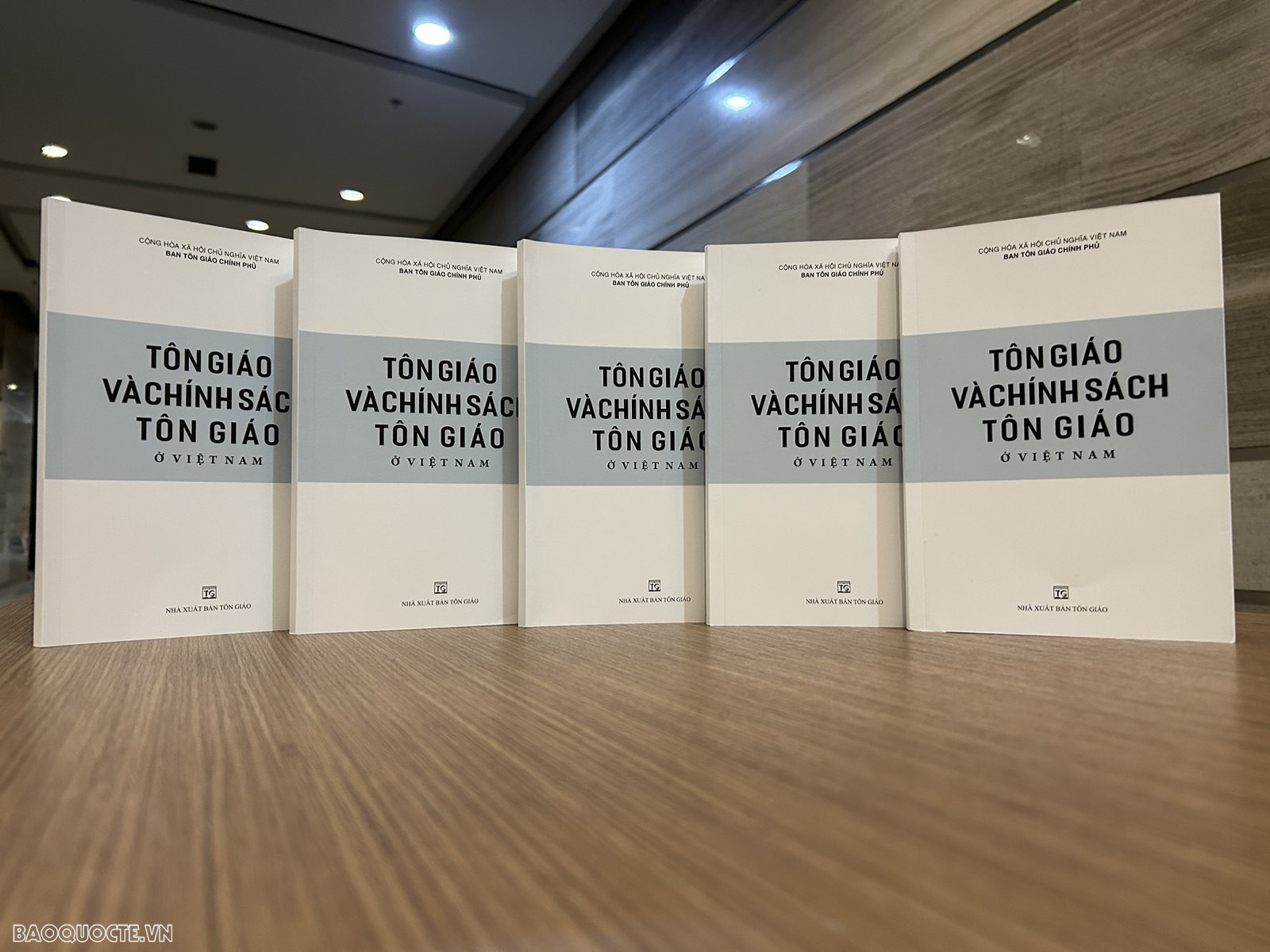 |
| White Paper 'Religion and Religious Policy in Vietnam'. (Photo: Vinh Ha) |
Overall assessment of the so-called report “State Control and Religious Freedom in Vietnam” by USCIRF, we can see the content distorting the religious and belief policies of our State in the following three points:
First, it distorts that Vietnam uses state-sponsored religious organizations to monitor, threaten, and even eliminate original and independent religious organizations.
USCIRF distorts that the Vietnamese Government is implementing a “replacement strategy” through religious organizations established or controlled by the state, including the Vietnam Buddhist Sangha to replace the Unified Buddhist Sangha of Vietnam, the 1997 Cao Dai Sect to replace the Cao Dai Chon Truyen Congregation (1926), and the Central Executive Committee of the Hoa Hao Buddhist Sangha to replace the Central Executive Committee of the original Hoa Hao Buddhist Sangha.
This organization also fabricated that “the Government banned the activities of old Buddhist religious organizations, imprisoned most of their leaders, destroyed, seized or converted the assets of these establishments into government establishments.”
These arguments are considered completely unreasonable and baseless. First, religion is both a belief and a faith and a social entity. Religious activities in any country must be subject to the management of that country. When an organization is recognized by the state, that organization has legal status (Vietnam Buddhist Sangha, Cao Dai Sect 1997, Central Executive Committee of Hoa Hao Buddhist Sangha) and vice versa, a religious organization that has not been recognized by the state means that the religious organization does not have legal status (Unified Vietnamese Buddhist Sangha, Cao Dai Church 1926, Central Executive Committee of the original Hoa Hao Buddhist Sangha).
On the other hand, religion and religious activities in any country must comply with the law. The religious organizations that USCIRF names as “primitive”, “original”, “authentic” are in fact spontaneous religious organizations without legal status or are religious organizations in exile abroad.
In fact, in Vietnam, there is no such thing as “Cao Dai 1997 branch” and “Cao Dai Chon Truyen 1926”, but only 10 Cao Dai churches, 21 Cao Dai organizations operating independently recognized by the State and 01 Cao Dai sect licensed by the State for religious activities. The Cao Dai Holy See of Tay Ninh is one of them, operating legally in Vietnam.
Regarding Protestantism, after the church had legal status, the legitimate needs for worship facilities, land, etc., have been and are being considered and resolved by the State. Typically, Ho Chi Minh City has assigned 7,500m2 to the General Confederation of the Evangelical Church of Vietnam (South) to build the Institute of Biblical and Theological Studies; Dak Lak province has assigned more than 11,000m2 of land to the Buon Ma Thuot Bishopric; Quang Tri province has assigned an additional 15 hectares of land to La Vang parish, etc.
This shows that the State's recognition of the legal status of religious organizations has ensured that religions can practice their religious activities conveniently, are protected by the State and develop more and more, and there is no such thing as "the State using one religious organization to control and eliminate another religious organization" as reported by USCIRF.
Second , distorting and fabricating that the State “controls religion” through socio-political organizations, such as the Vietnam Fatherland Front, the Government Committee for Religious Affairs and the Ministry of Public Security. Putting religious personnel into the Vietnam Fatherland Front or the Government Committee for Religious Affairs is a favorable condition for religions to participate in the process of giving opinions and proposals to the above agencies on religious issues or advising agencies in promulgating policies and laws in accordance with the wishes and aspirations of religious followers of which they are members. In return, the government will also have a team of consultants and advisors to properly and effectively implement the approved religious policies.
The Ministry of Public Security of Vietnam, in the field of religion, is responsible for protecting and ensuring the freedom of belief and religion of individuals, equality between religions before the law; combating, preventing, and handling administrative violations of acts that infringe upon the freedom of belief and religion or taking advantage of belief and religion to engage in illegal activities. When violations of the law occur, both ordinary people and religious followers must be dealt with before the law.
Let's compare with the US, although in principle, in the US, Congress will not enact laws to restrict religious activities; religious activities within the scope of the law are free, not subject to interference from the government and individuals, but religious freedom does not mean that believers can do everything they want. In 1878, the US Supreme Court in the judgment of the case "Reynolds v. US Government", pointed out: the law "cannot interfere with religious beliefs and interpretations, but can interfere with religious activities".
In 1940, the US Supreme Court's ruling on the case of "Canwell v. Connecticut" emphasized that the principle of religious freedom "includes two concepts: freedom of belief and freedom of action, the first being absolute. But the second is not absolute, in order to protect society, behavior must naturally be controlled."
Thus, as a citizen of a state governed by law, whether American or Vietnamese, a religious offender must still be dealt with before the law. Because he is a religious person, he cannot receive respect, take that as a priority, or be exempted from committing crimes.
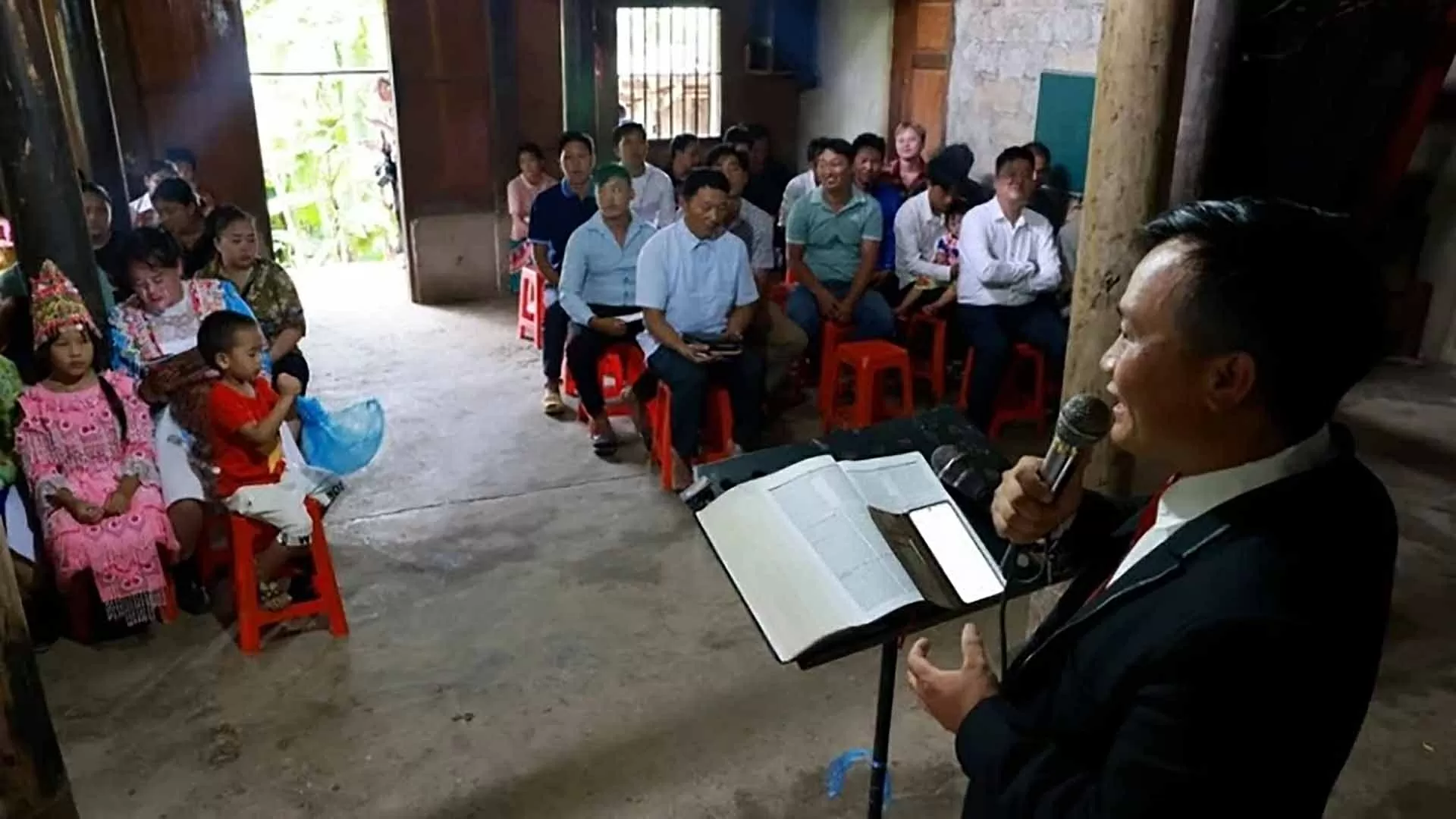 |
| Religious activities of the Protestant Mong people in Cao Bang. (Source: VNA) |
Third, the accusation that the law related to religion in Vietnam contributes to the State's suppression and control of religion. In fact, Vietnam is a country with many religions, with 16 different religions, such as Buddhism, Catholicism, Protestantism, Cao Dai, Hoa Hao Buddhism, Islam, Baha'i religion...
State management activities in the field of religion and belief must strictly comply with the provisions of the law, based on the spirit of respect and non-infringement of freedom of belief and religion, while encouraging the promotion of values consistent with the aspirations and legitimate interests of citizens.
This is clearly stated in Article 24 of the 2013 Constitution: “Everyone has the right to freedom of belief and religion, to follow or not to follow any religion. All religions are equal before the law. The State respects and protects the right to freedom of belief and religion. No one is allowed to violate the freedom of belief and religion or take advantage of belief and religion to violate the law.”
The 2018 Law on Belief and Religion and Decree 162/2017/ND-CP affirmed: “The State respects and protects the freedom of belief and religion of everyone; ensures that religions are equal before the law… prohibits discrimination and prejudice on the basis of religious belief”. In addition, the people’s freedom of belief and religion is also specified in the Civil Code, the Criminal Procedure Code, the Land Law, the Education Law, etc.
Typically, the 2013 Land Law, supplemented in 2024, has additional provisions on the definition of religious land (Article 213), receiving land use rights (Article 169), ensuring the rights of religious worship facilities... The above legal bases demonstrate that the Vietnamese State is a state of law, using the law to ensure the religious and belief needs of the people, while also ensuring the rights and responsibilities of religious establishments, protecting their property.
Fourth, USCIRF relied on documents and statements from individuals and organizations that do not represent all Catholics or religious organizations in Vietnam . USCIRF also surveyed and interviewed “representatives” from the Khmer Krom Buddhist community, the Unified Buddhist Church of Vietnam, Thien Am Ben Bo Vu Tru, Hoa Hao Buddhism, etc. and called them “living witnesses” of the suppression of religious freedom in Vietnam. In fact, these “representatives” and “living witnesses” are all elements that have violated Vietnamese law and have a history of extreme and fierce opposition to the government. The most prominent case is Nguyen Bac Truyen, who claims to be a “Hoa Hao Buddhist follower and human rights activist.”
However, Nguyen Bac Truyen (born in 1968, while in Vietnam, residing in Ward 4, District 4, Ho Chi Minh City) had violated Vietnamese law and had to serve a sentence of 11 years in prison, 3 years of probation for the crime of "Activities aimed at overthrowing the people's government" when, together with the subjects: Pham Van Troi, Nguyen Trung Ton and Nguyen Van Dai, all founding members of the organization "Association of Brotherhood for Democracy", planned to train members, develop forces, carry out many forms of propaganda against the Socialist Republic of Vietnam; had relations with foreign organizations and individuals to mobilize support and funding for the association's activities, set up projects to request funding for the association's activities; took advantage of political events and sensitive events in the country to incite people to protest against the government.
Another case that USCIRF is interested in and publicly supports is Y Quynh Bdap and criticizes the Vietnamese State for “transnational religious repression”. The terrorist attack on June 11, 2023 in Dak Lak with violent and barbaric acts killed 9 people, injured 2 people and caused billions of dong in damage to the State and people of Vietnam. Vietnamese authorities have sufficient evidence to prove that Y Quynh Bdap was the one who directly recruited, incited and directed the implementation of that terrorist attack.
Even before Y Quynh Bdap was brought to trial in Thailand and then extradited by the Thai Criminal Court, many countries, including Australia and Canada, refused to accept Y Quynh Bdap's political asylum application due to his involvement in terrorist activities. Therefore, if USCIRF supports Y Quynh Bdap's innocence and believes that he is working for religious freedom, he must be held responsible for his acts of funding and supporting terrorists.
Through the above examples, it can be seen that the “witnesses” of USCIRF who made the accusation that “the Vietnamese State seeks to suppress and eliminate independent religious organizations” are all subjects who violate Vietnamese law, have extremist views and attitudes, do not recognize policies and laws in Vietnam or are spontaneous religious organizations that practice religion in an extreme manner, oppose the spirit of solidarity of believers in religion, have no legal status…, clearly cannot be used as evidence for USCIRF to issue a report assessing the situation of religious freedom in Vietnam.
In recent years, USCIRF has not shown goodwill in exchanging and working with Vietnamese authorities, but has mainly linked and consulted information and documents on Vietnamese religion from reactionary Vietnamese exile organizations that engage in terrorist activities and sponsor terrorism against the Vietnamese State, fiercely and extremely, such as the "Board for Rescue of People from Sea - BPSOS", "Viet Tan" or from extremist domestic opposition dignitaries such as priest Nguyen Ngoc Nam Phong, priest Dang Huu Nam (Catholic), Hua Phi (Cao Dai), Thich Khong Tanh (Unified Vietnamese Buddhism)... USCIRF is an organization of the US State Department, but turning itself into a "hostage" and "tool" for reactionary individuals and organizations such as Nguyen Dinh Thang and BPSOS will discredit the US State Department when it releases reports that are heavily distorted and fabricated.
Source: https://baoquocte.vn/uscirf-cong-bo-bao-cao-thieu-khach-quan-ve-tu-do-ton-giao-viet-nam-303543.html


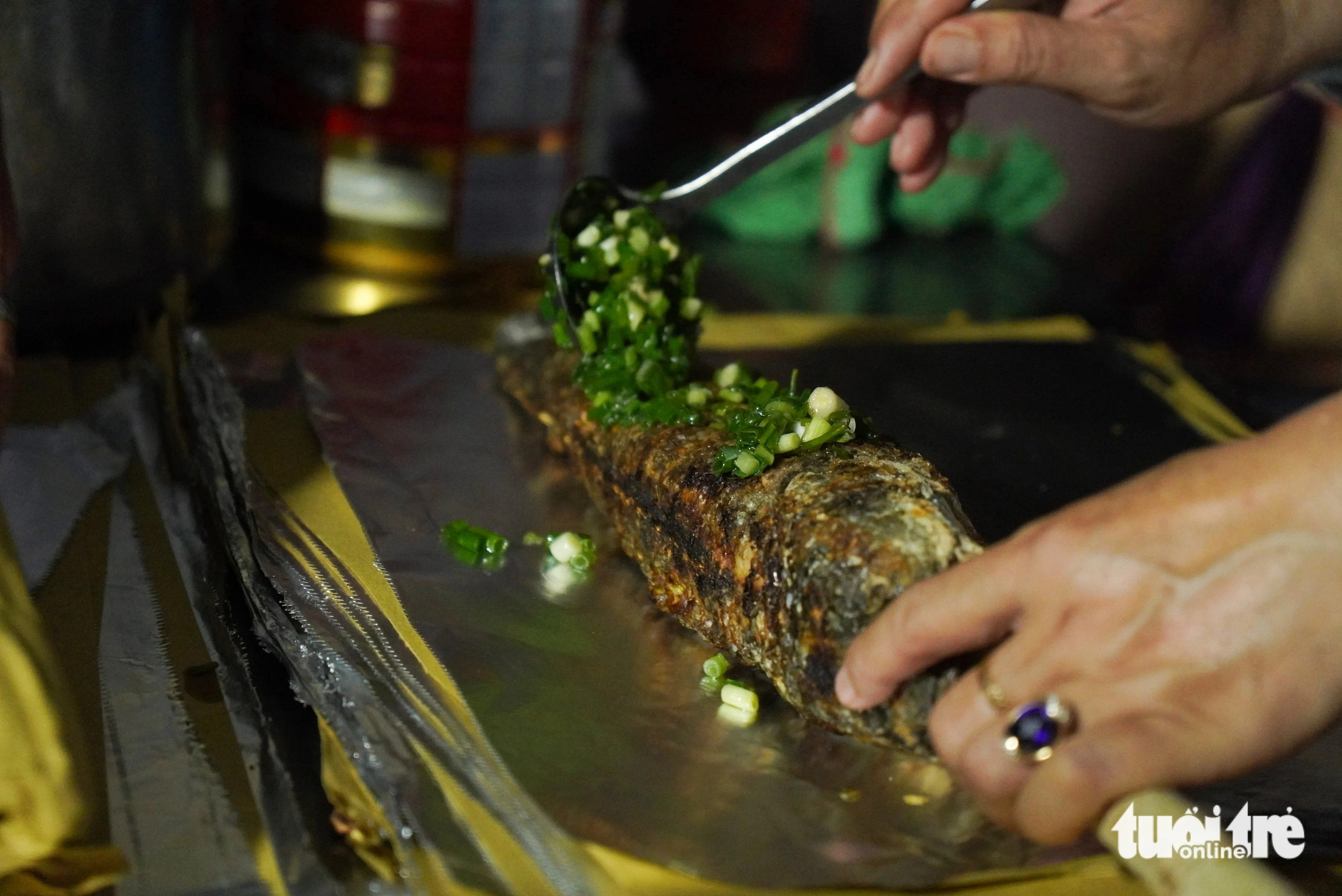



























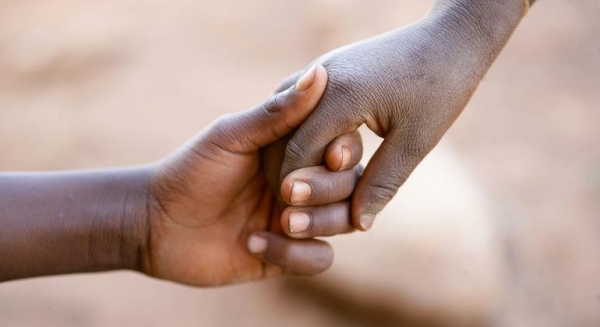
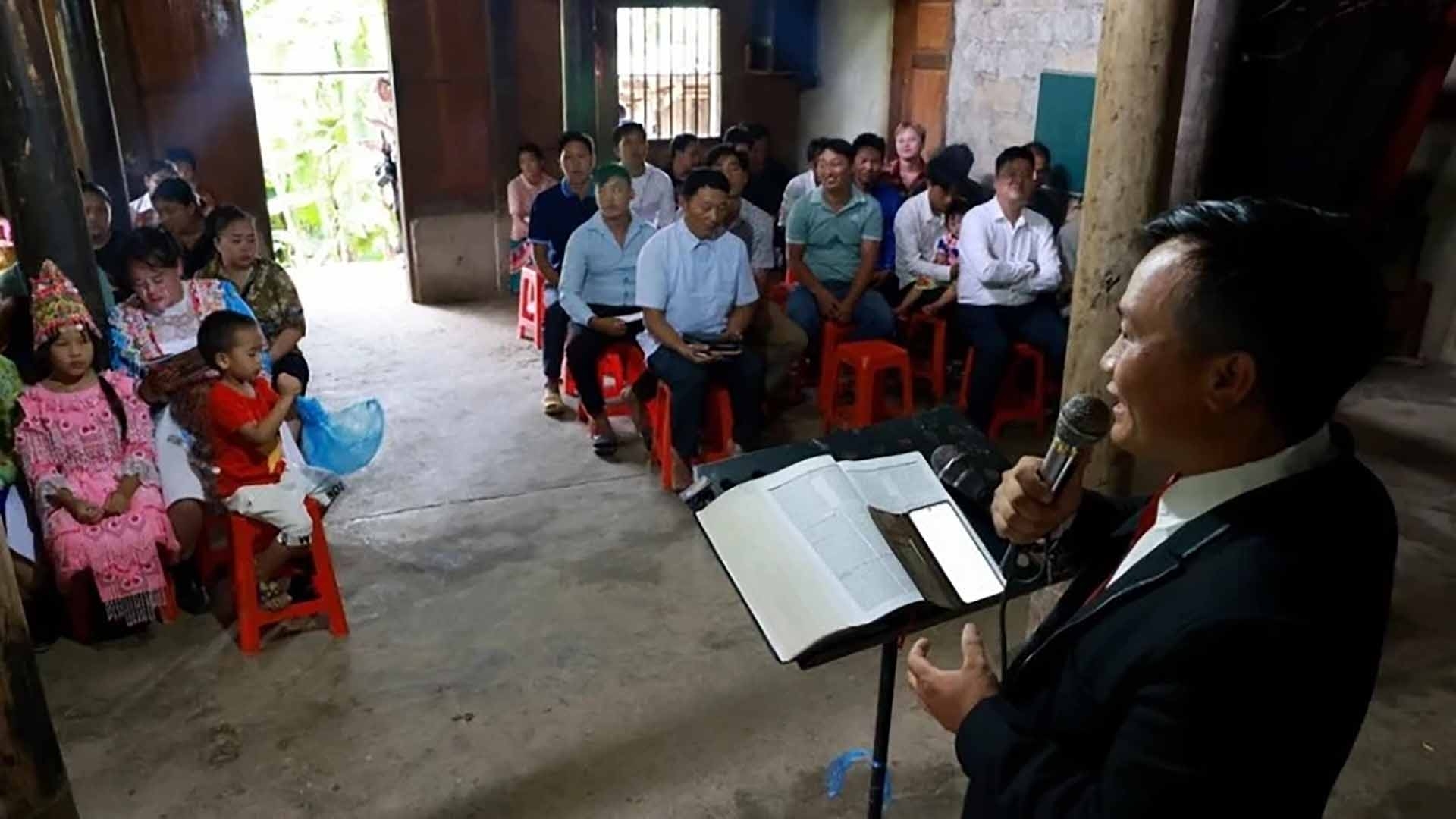
![[Video] International tourists experience the first Buddhist ceremony of the year at Tam Bao Pagoda (Da Nang)](https://vstatic.vietnam.vn/vietnam/resource/IMAGE/2025/2/7/dc53ee760c2a4b9494b681c701924c74)

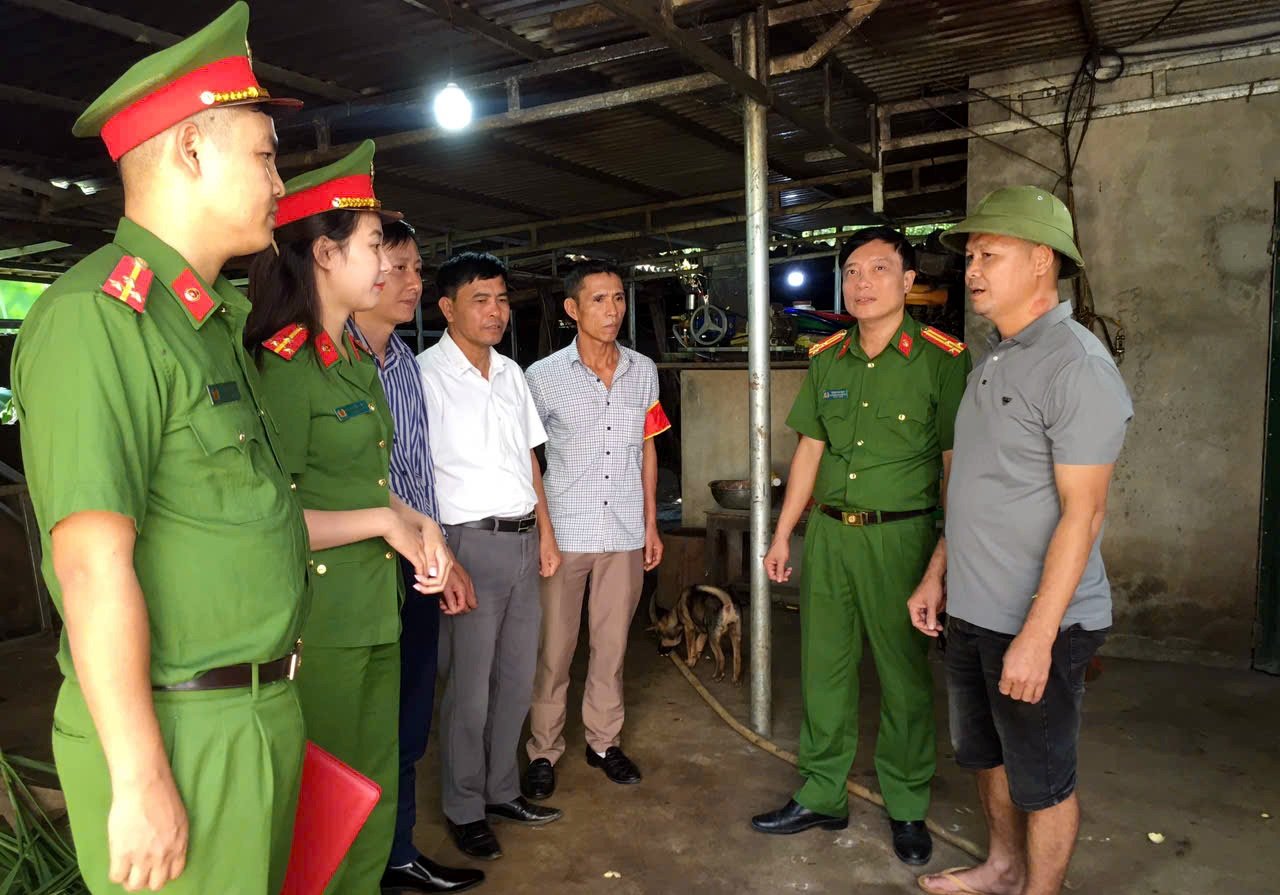

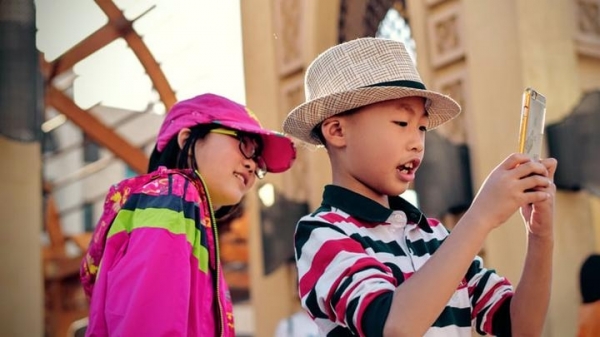


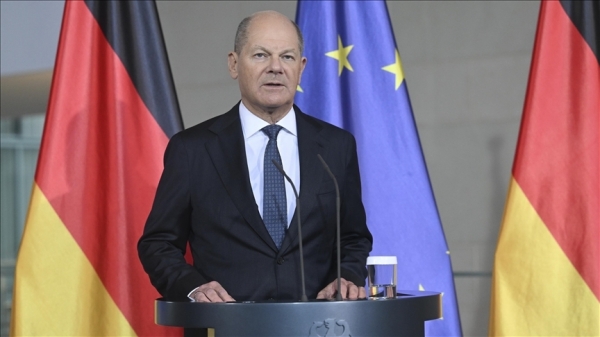
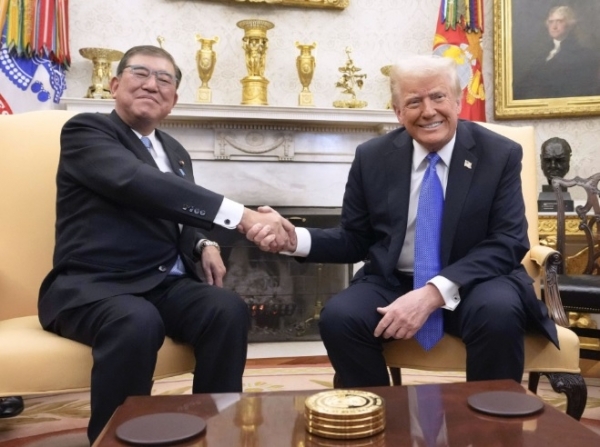
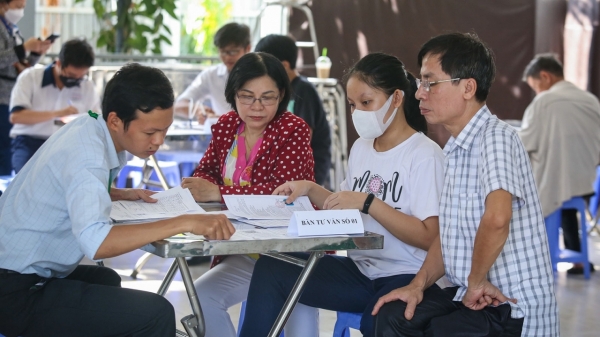
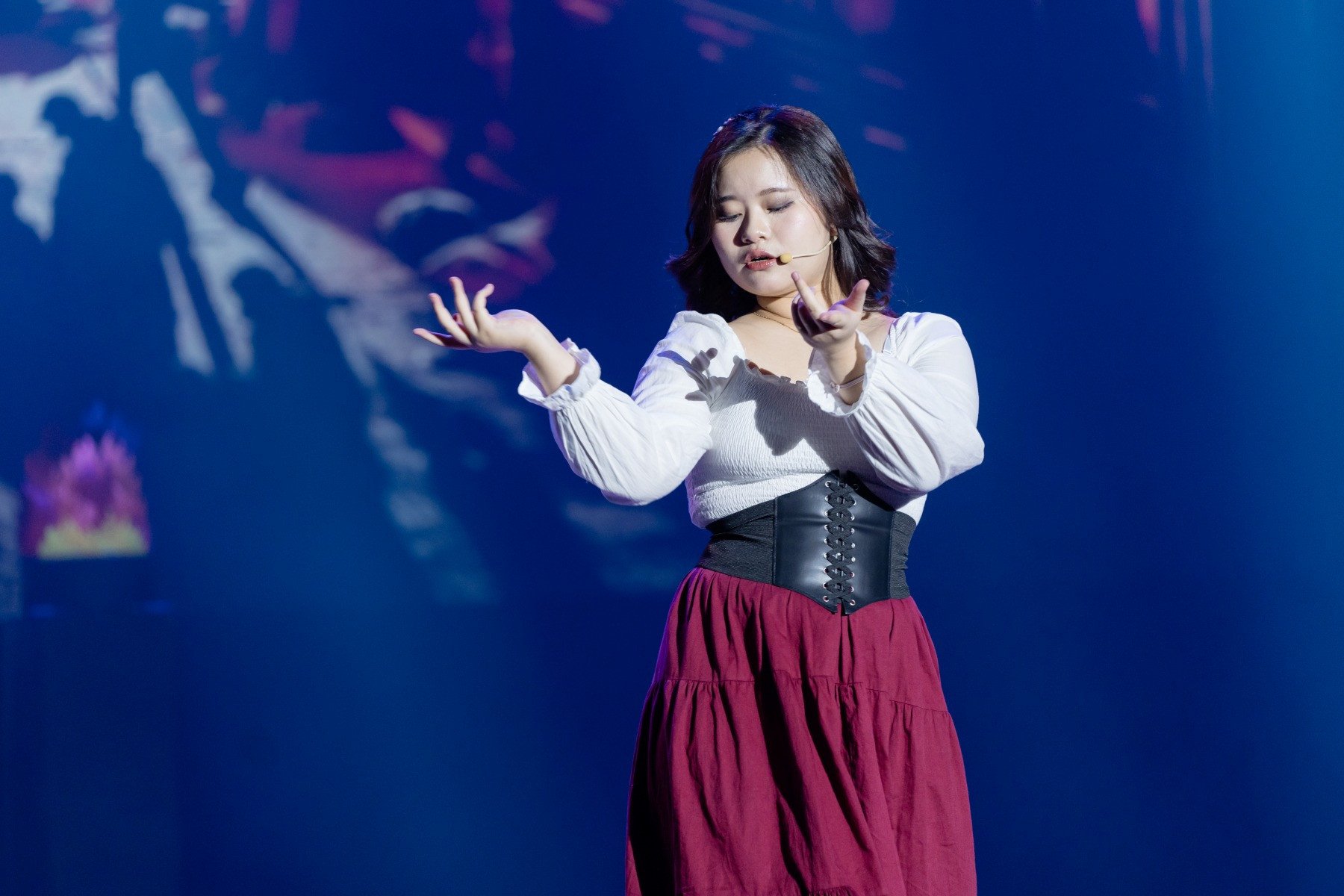

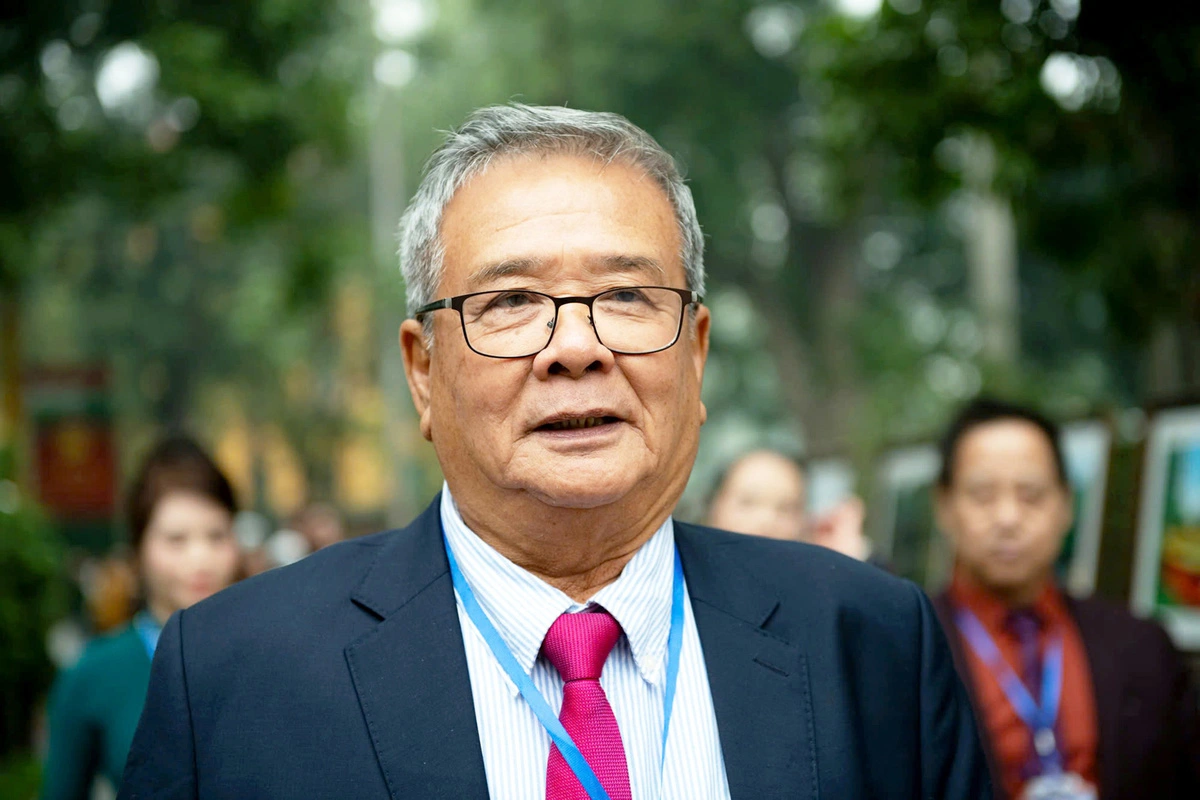

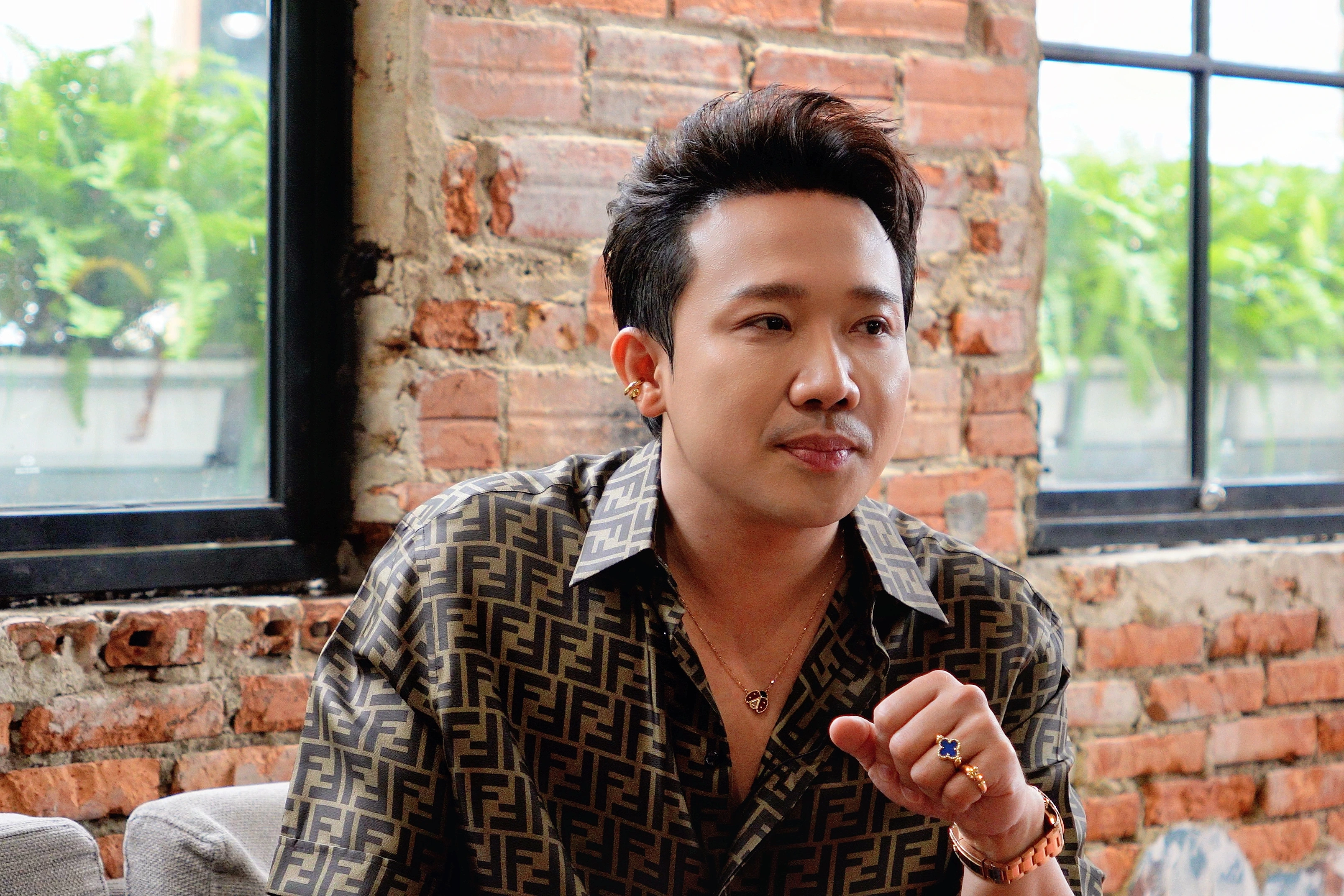

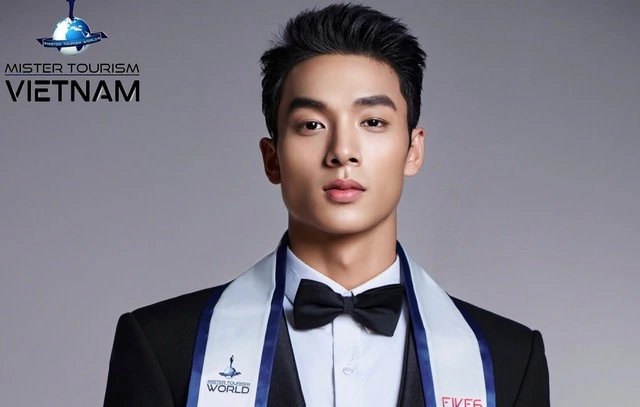

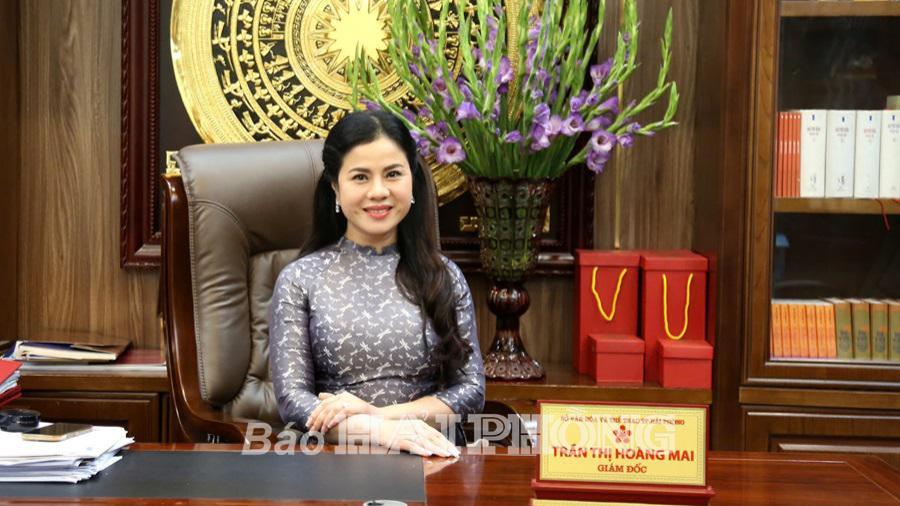

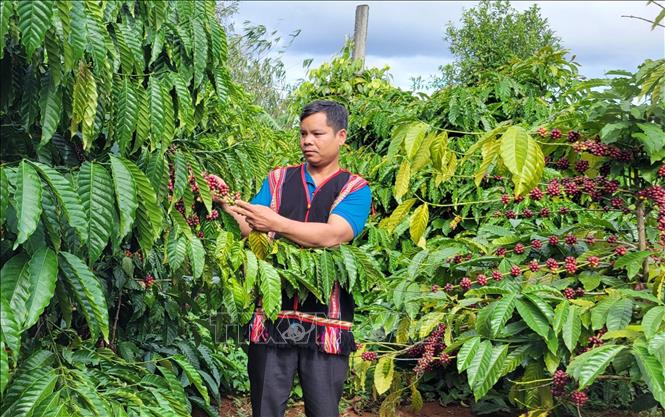





Comment (0)